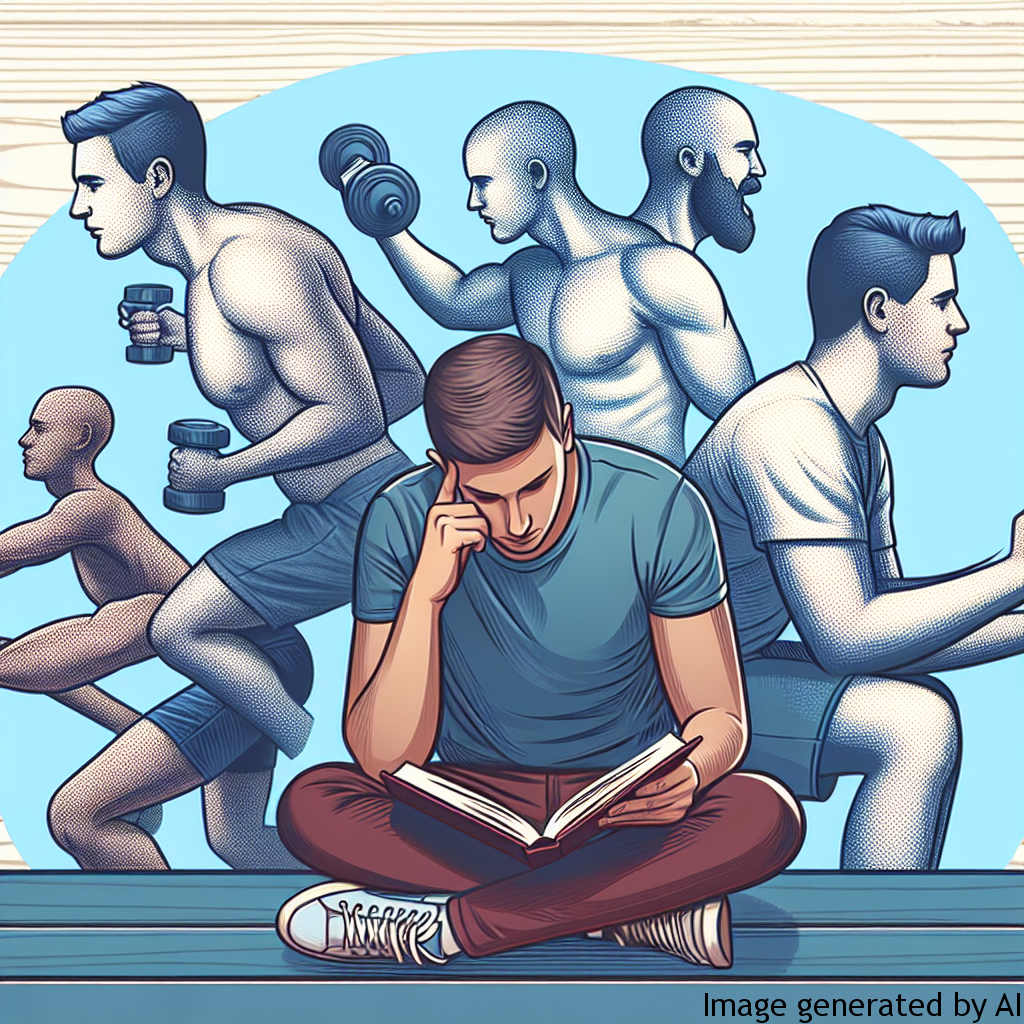Introduction
Sexual relations, gender roles, and their impact on mental health have been extensively discussed in psychological studies, from Freudian theories to contemporary scientific research. For a long time, the focus was primarily on women’s mental health. However, the advent of male studies and the increasing attention given to the mental health of men have thrown light on the significance of understanding the gender-specific requirements of mental wellness. This article will dive into the gender expectations surrounding men, their influence on psychological health, and strategies for improving mental health while considering these gender roles.
Gender Expectations and Their Impact on Men’s Psychological Health
The Concept of Masculinity and It’s Impact
The societal expectation for men to be ‘masculine’ often influences their behavior and thought processes. A stereotypical ideal of masculinity includes attributes like emotional stoicism, toughness, dominance, and self-reliance. Such notions can create pressure on men to conform and can negatively impact their mental health. This may manifest in the form of stress, anxiety, and depression.
Societal Pressure and Mental Health
Men often face societal pressure to be the primary breadwinners of their families and to achieve professional success. These expectations can contribute to feelings of failure, low self-esteem, or even suicidal tendencies if men feel they cannot meet these societal standards. Moreover, these pressures can hinder men from seeking help, further exacerbating the issues.
Examples of How Gender Roles Can Affect Men’s Lives
Adhering to traditional gender roles can prevent men from seeking help when they’re experiencing physical or mental health problems. Men may fear that discussing their problems will make them appear weak or less masculine, causing them to bottle up their feelings, which may lead to emotional distress over time.
Another example is the impact of gender roles on male interaction. Men are often taught not to display emotions and may thus refrain from verbalizing their feelings or seeking emotional support from their peers. This can hinder the development of genuine, fulfilling relationships and contribute to feelings of isolation, loneliness, and depression.
Tips for Improving Psychological Health Considering Gender Roles
It’s essential to challenge toxic expectations associated with traditional masculinity and advocate for a broader definition of what it means to be a man. Mental health professionals should create safe spaces where men feel comfortable expressing their feelings and fears without being stigmatized or judged.
Encouraging men to involve themselves in activities that foster emotional intelligence, empathy, and connection with others can be beneficial. Practising mindfulness and relaxation techniques can help alleviate stress and improve mental wellbeing. Also, promoting healthy lifestyle behaviors such as regular exercise, balanced diet and sufficient sleep can greatly aid their mental health.
Conclusion
Understanding the interplay between gender roles and mental health can assist in creating more effective and inclusive mental health strategies. It’s important to challenge stereotypical expectations and foster an environment where men can express their feelings openly and seek help when needed without fear of judgment or rejection. With informed action and societal support, we can strive towards fostering a mentally healthier environment for everyone, irrespective of gender.

